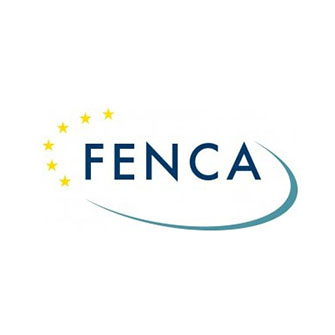On February 12th, 2014 the Enterprise Europe Network, the Austrian Chamber of Commerce, and the Bavarian Chambers of Commerce invited to a panel discussion on the proposed data protection regulation and its impact on the European economy and its businesses. Among the 250 participants of this event were high-ranking representatives of European Institutions, as well as national stakeholders of politics and business.
While Thomas Zerdick, head of sector “Data protection reform” at the European Commission, DG Justice expects the negotiations on the European Data Protection Regulation to be finalized by the end of 2014, a representative of the German Ministry of the Interior, Dr. Rainer Stenzel, was not so optimistic. He explained that the Council still has a number of unsolved issues. This includes the differentiation between public and private sector as well as the risk-based approach. Asked whether the upcoming European elections did cause an imminent standstill in the process he emphasized the importance of the procedure of law making by finding a compromise that would serve in daily business. This would take time and a regulation could then be ready by 2015 or 2016. So far no schedule had been discussed or agreed upon. The German MEP Axel Voss, EPP, reported that some diverging positions within the Parliament remain, but Parliamentarians would be able to compromise.
During the panel discussion also the one-stop-shop idea was discussed. While global players welcome this structure, small and medium sized enterprises oppose the proposal severely, criticizing its lack of practicability. In this regard, the heavy administrative burden for SMEs in general was also criticized. FENCA had brought up this issue during its Breakfast debate at the European Parliament already in January 2013.
Overall it was agreed that a consistent and understandable framework for EU data protection legislation is necessary to ensure consumers’ rights.
What is a 'one-stop-shop'?
The Regulation will establish a 'one-stop-shop' for businesses: companies will only have to deal with one single supervisory authority, not 28, making it simpler and cheaper for companies to do business in the EU; and easier, swifter and more efficient for citizens to get their personal data protected.
Aumüller in Brussels at Data Protection event in the Bavarian Representation
